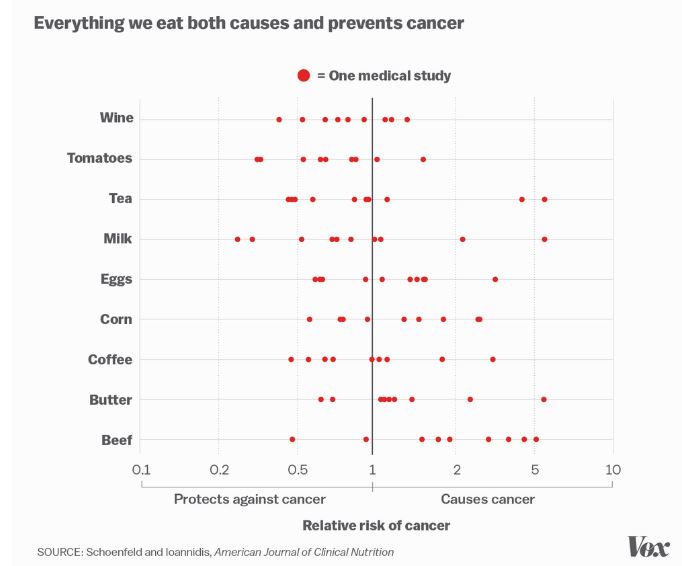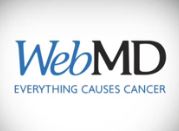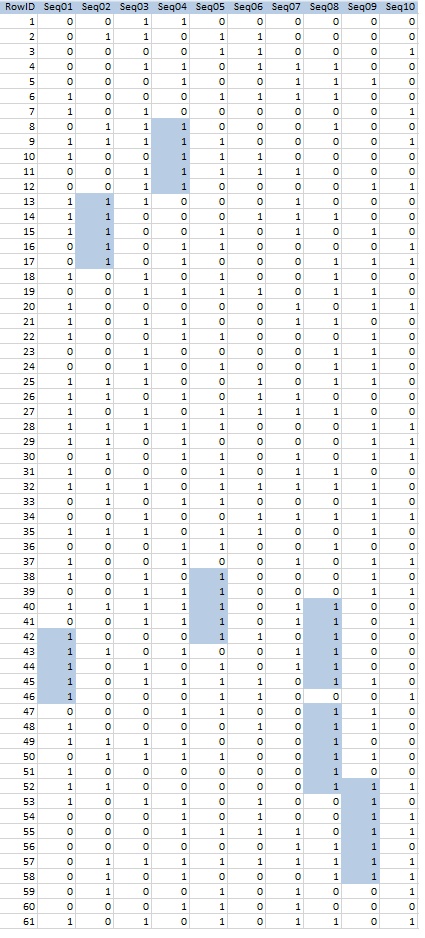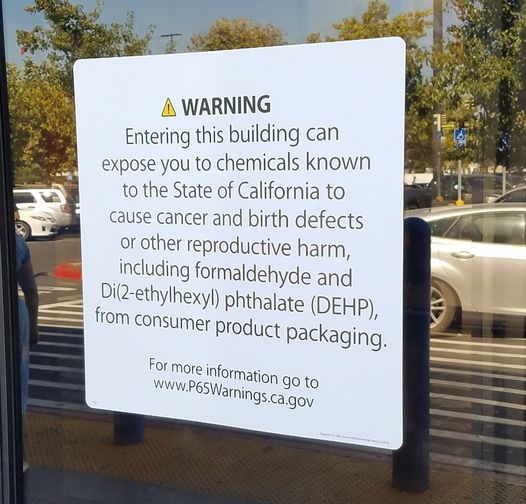Well, they probably do feel better. The reason is not the food, it is that they changed their diet and it is a psychological adjuvant for lots of other positive things, like fewer calories or more exercise or just feeling like they are 'doing' something by getting on a scale.
For example, where is the science showing chicken is healthier than a hamburger? It doesn't exist. Instead if it just epidemiology in the form of recall-based dietary assessment, commonly called a food frequency questionnaire but what you and I know as a survey. That's right, epidemiologists will take a survey and see how many people say they eat, for example, quinoa and then see how many of them report fewer diseases and then "correlate" the two and write a paper claiming quinoa is "linked to" better health. Just like that the Harvard School of Public Health has started a new fad and the New York Times has a new best-selling diet book.
Plant-based milk is also not a healthier substitute, science actually shows it is worse than dairy. Like being vegan, you will need to add a budget for supplements to try and tread water from a health point of view, and even then you will fail. Yet if someone replaces milk with plant juice, loses weight, exercises, and stops worrying they'll catch prediabetes or some other made-up condition, if you are selling plant juice you get to claim your product did it.
Kale chips, coconut oil, broccoli rice, it all positively screams wealthy white women. It just doesn't even muster a scientific whisper about being better for you.
The dirty reality is that mathematically an epidemiologist is guaranteed to find a positive benefit or negative benefit if they have enough questions and links. If you have 63 rows and 10 columns, so 61 foods and 11 diseases, for example, you are certain to find a clump of results in there that you can declare "statistically significant."

Everything can cause or cure cancer using surveys.
Manipulation or at least poor understanding of statistics is why I was one of the signatories on a paper in Nature asking journals to stop using statistical significance as a metric for legitimacy. It isn't, it is instead abused by lawyers or environmental groups who want to ban products like BPA or formaldehyde or weedkillers.

It is so well-known to statisticians who aren't selling Miracle Vegetables of Scary Chemical stories that they show how do to it with coin flips. You can show coin flips are prejudiced against heads. Or tails. And show statistical significance.

This disturbing unscientific process is common in the 'ban everything' section of epidemiology. If the International Agency for Research on Cancer has epidemiologists in their Working Groups who want to get fat expert witness contracts from lawyers waiting to sue over aspartame or a weedkiller, they will find studies where people say they use aspartame and are obese, then make crazy correlations like the aspartame caused obesity or even the diseases resulting from the obesity.
Corporate science journalism is a dying field so those remaining at the New York Times are not going to rock the boat and debunk the 'Corporations Are Killing Us!' beliefs of their readers. For the New York Times, ghosts and astrology are real while science is a corporate conspiracy. Noting that one too many times is the reason I am blacklisted there.

Enter the state of California and you will be convinced you are going to get cancer. The state foolishly turned over its science and health to IARC, so every time IARC claims some chemical is "linked" to cancer - even if the dose is 10,000 times what you get in your entire life - the state is forced to put a warning label on. Nearly 100,000 products have warning labels, so not only is everything in a Walmart linked to cancer, the whole building has disclaimers.
This stuff is all just a money-grift and why I oppose it. People on a budget should be eating fruits, vegetables, and meat in healthy amounts but if Environmental Working Group claims only the pesticides of their donor corporations are healthy, and Washington Post repeats their "dirty dozen" claims, and people who can't afford the "organic" label sold by EWG clients may not buy product or fruits at all. That is not just bad, it is evil.
Yet 71 percent in the survey say they won't buy what they believe is a 'healthier' alternative because of higher cost. Are they less healthy? Not if they buy generic bread instead of Orowheat Whole Grain bread. There is nothing healthier about whole wheat bread any more than there is anything unhealthy about bread.
Calories and exercise are what matter. Anyone who claims otherwise is selling you something. Unfortunately, in the case of food epidemiology, selling you on something is how they get their next grant, so they can't be trusted, and won't be trustworthy as long as the goal is six-figure paychecks in academia rather than public health.




Comments